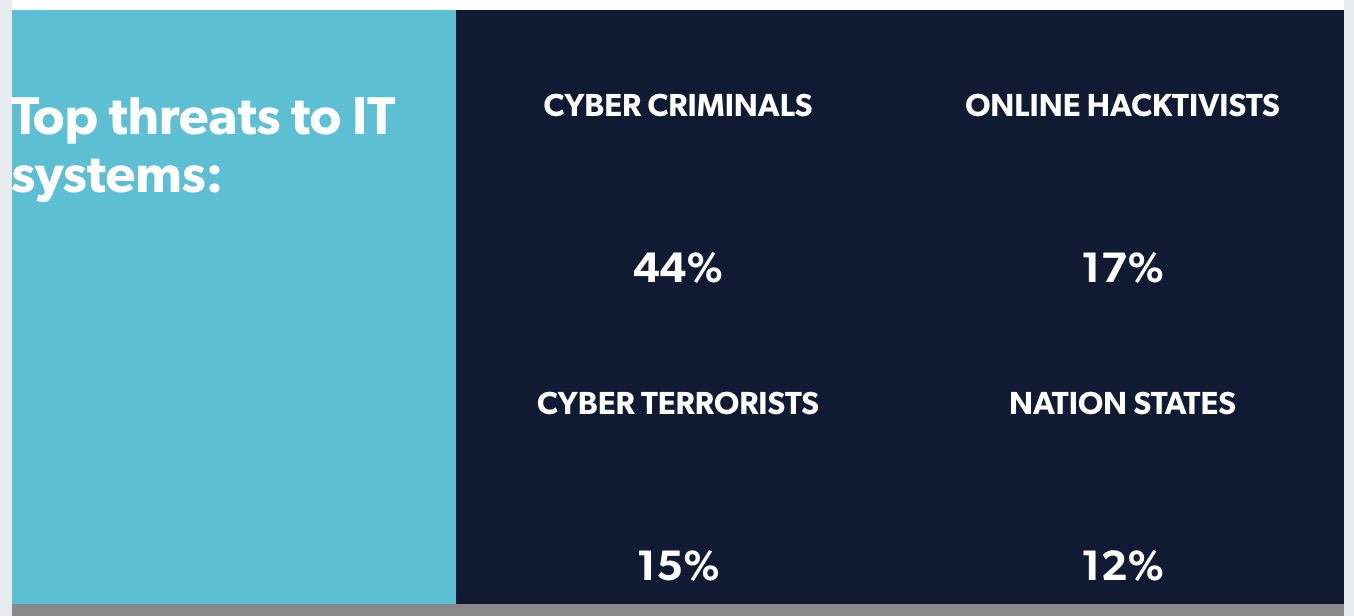Article written by Thales editorial staff
 As urban areas grow, making them safe and livable will require new levels of digital security for individuals and infrastructure
As urban areas grow, making them safe and livable will require new levels of digital security for individuals and infrastructure
According to the United Nations, 54 percent of the world’s population lives in urban areas, a percentage expected to reach 66 percent by 2050.
This “mega-cities” trend is in part due to digital transformations which are changing economies, cultures and communities at light speed. Unprecedented connectivity, mobility and access to information are fundamentally changing how individuals, organizations and communities view their own safety, security and quality of life.
From the protection of critical infrastructure to information in cyberspace, and point-of-sale purchases to international financial transactions, Thales is helping communities and organizations everywhere meet the challenges of a complex digital age.
Securing a Personal Digital Environment
NASDAQ estimates that merchants who sold through mobile channels lost 70 percent more revenue due to fraud in 2014 than in 2013. With Gartner predicting that global mobile transactions will increase by 35 percent until 2017, how can we ensure that the rapid increase in digital payments doesn’t result in a massive increase in risk?
To protect data, first you have to know its vulnerabilities. In a customer study by Thales, 57 percent of respondents said the biggest challenge to utilizing data encryption was locating where sensitive information resides in their own organizations and it turns out that sensitive data can come from just about anywhere.
That is why navigating these issues is complex, making security, innovation and expertise important in choosing a provider.
Thales provides a solution for digital, mobile security operations to support public safety and inter-agency communications for governments. This mobile platform can be used by public employees and general populations in specific areas to help crowdsource information faster and more accurately giving decision makers enriched details enabling faster, more accurate responses to potential security issues.
Defending Organizations During Complex Transactions
According to Thales company Vormetric’s 2015 Data Threat Report, roughly 39 percent of 1,100 IT executives surveyed indicated their organization had either experienced a data breach or failed a compliance audit due to data security issues in the previous year, and 61 percent had been breached at some point in the past.
Thales is working to harden the defenses of enterprises like these. Hardware security modules (HSMs) provide a tamper-resistant environment for secure cryptographic processing, key protection, and key management. These devices allow the deployment of high-assurance security solutions that satisfy established and emerging standards of due care for cryptographic systems and practices – while also maintaining high levels of operational efficiency. In fact, Thales cryptographic solutions are used by 22 different NATO countries.
Given the number and variety of threats to critical networks and physical assets of enterprises worldwide, it is necessary that they think critically about procuring robust security solutions while balancing consumer and/or citizen convenience.
Digital Environments, Smarter Cities
The digital transformation of modern cities will be enabled by sensors and mobile devices that provide real-time feedback on everything from the condition of water treatment and energy infrastructure to the on-time status of public transportation vehicles and traffic congestion.
International Data Corporation predicts that by 2017, at least 20 of the world’s largest countries will create national smart city policies to “prioritize funding and document technical and business guidelines.”
One option keeping some cities ahead of the curve is the Thales Smart City solution, which deploys integrated systems to share and pull together information from multiple data sources in an urban environment. A command-and-control center systematically analyzes information and coordinates security services and emergency responders in the event of an incident or crisis. In Mexico City, for example, Thales has deployed one of the most extensive urban security systems of its kind to help better protect the city’s 22 million inhabitants.
Similar data gathering and analysis capabilities power Thales solutions that protect critical infrastructure. As a trusted partner of critical infrastructure operators for more than 20 years, Thales provides security solutions for over 400 critical installations worldwide including airports, seaports, oil facilities and public attractions – such as museums and theme parks – wherever large crowds tend to form.
Security with One Goal: Enable Trust
In a 2015 Pew Research survey, just 6 percent of adults said they were “very confident” that government agencies could keep their records private and secure, while another 25 percent said they were “somewhat confident.” Credit card companies fared somewhat better – 9 percent said they were “very confident” and 29 percent said they were “somewhat confident” their data would be protected.
This is unwelcome news for companies seeking to forge new revenue streams and create seamless transaction experiences for their customers. That’s why ongoing security innovation – and education – is vital. Today’s connected citizens must be made aware that their governments, banks and other institutions have access to the most robust, proven and trusted digital security solutions available. They must know that if the appropriate investments are made in security technologies, their institutions can begin to gain the upper hand on those who wish to do them harm – whether in cyberspace, in their neighborhoods or on a conventional battlefield.
Ongoing innovation is one of Thales’ priorities as communities confront the challenges posed by growing urban populations, ubiquitous connectivity and the digital age’s related convenience, safety and security concerns. Recognizing the need and providing the resources that allow technology to help is the imperative of government leaders and business executives worldwide.
View original post (disruptingthenow.thalesgroup.com): Of Mega-Cities and Metro Cards
Tags: Cyber Criminals, Cyber Security, Cyber Terrorism, Digital Security, Disrupting the Now, Megacities, Thales






 RSS Feed
RSS Feed